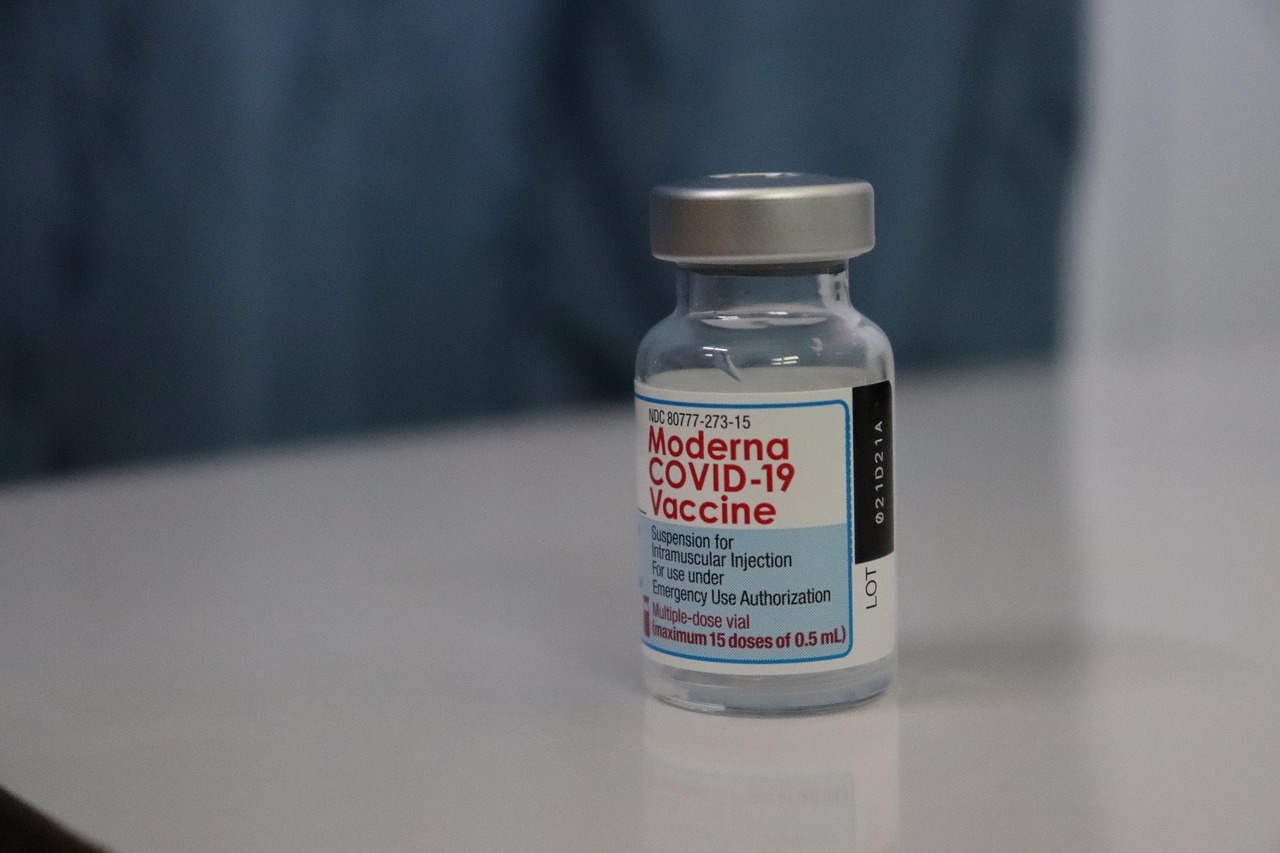The Link Between Oral Microbiota and Heart Health: Betbook250, 11xplay.pro/login, Yolo247 login
betbook250, 11xplay.pro/login, yolo247 login: The Link Between Oral Microbiota and Heart Health
Have you ever thought about the connection between your oral health and your heart health? Surprisingly, there is a strong link between the two that many people are unaware of. Studies have shown that the bacteria in your mouth, also known as oral microbiota, can have a significant impact on your overall cardiovascular health. In this article, we will explore this connection and why it is essential to take care of your oral hygiene for the sake of your heart.
The mouth is home to millions of bacteria, some of which are beneficial, while others can be harmful. When these harmful bacteria build up in your mouth due to poor oral hygiene, they can cause gum disease, also known as periodontitis. This inflammatory condition not only affects your gums but can also have far-reaching effects on your overall health, including your heart.
When gum disease progresses, it can lead to chronic inflammation in the body. This inflammation can ultimately damage the blood vessels and increase the risk of cardiovascular diseases such as heart attacks and strokes. In fact, research has shown that individuals with gum disease are at a higher risk of developing heart disease compared to those with healthy gums.
The bacteria from the mouth can enter the bloodstream through inflamed gums and travel to other parts of the body, including the heart. Once there, they can contribute to the formation of plaque in the arteries, leading to a condition called atherosclerosis. This buildup of plaque can narrow the arteries and restrict blood flow to the heart, increasing the risk of heart attacks and other cardiovascular problems.
Furthermore, certain species of bacteria in the mouth produce toxins that can trigger inflammation and damage the heart muscle. This can lead to conditions such as endocarditis, an infection of the inner lining of the heart, which can be life-threatening if left untreated. Additionally, the bacteria can also affect the immune system, making it less effective at fighting off infections and inflammation in the body.
Given the strong link between oral microbiota and heart health, it is crucial to practice good oral hygiene to protect not only your teeth and gums but also your heart. Brushing your teeth at least twice a day, flossing regularly, and visiting your dentist for check-ups and cleanings are essential steps in maintaining a healthy mouth. In addition, eating a balanced diet low in sugar and high in fruits and vegetables can help keep harmful bacteria at bay.
While taking care of your oral health is important for your overall well-being, it is especially crucial for individuals with existing heart conditions or risk factors for cardiovascular diseases. By keeping your mouth clean and free of harmful bacteria, you can reduce the risk of inflammation and infection that can impact your heart health.
In conclusion, the link between oral microbiota and heart health is undeniable. Taking care of your oral hygiene is not just about having a bright smile; it is also about protecting your heart from potential risks. By understanding this connection and practicing good oral habits, you can safeguard your cardiovascular health and improve your overall quality of life.
FAQs
Q: Can poor oral hygiene really lead to heart disease?
A: Yes, research has shown a strong link between gum disease and heart disease. Bacteria from the mouth can enter the bloodstream and contribute to inflammation and plaque buildup in the arteries, increasing the risk of heart attacks and strokes.
Q: How often should I visit the dentist for check-ups?
A: It is recommended to visit the dentist at least twice a year for regular check-ups and cleanings. However, individuals with gum disease or other oral health issues may need to visit more frequently for treatment and monitoring.
Q: Are there any specific oral hygiene products that can help protect my heart health?
A: While regular brushing and flossing are essential, using antimicrobial mouthwashes or toothpaste containing fluoride can also help reduce harmful bacteria in the mouth. However, it is essential to consult with your dentist before using any new oral hygiene products.







